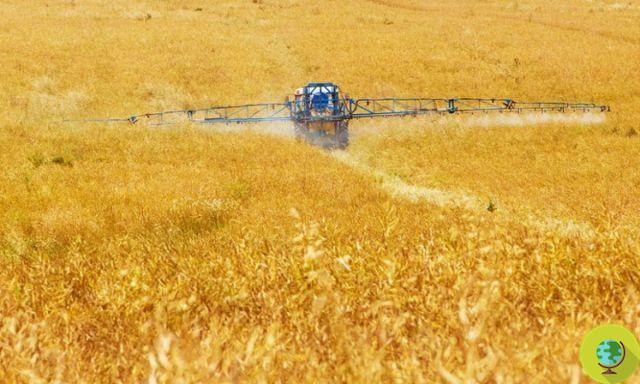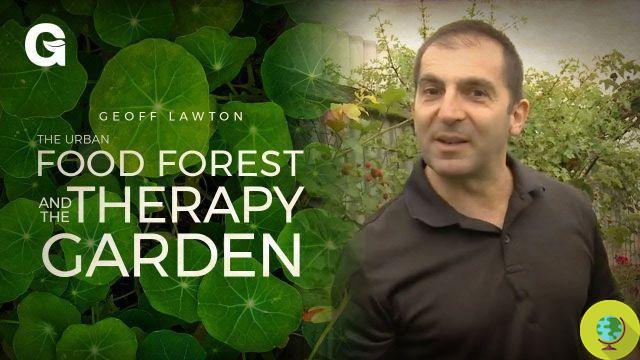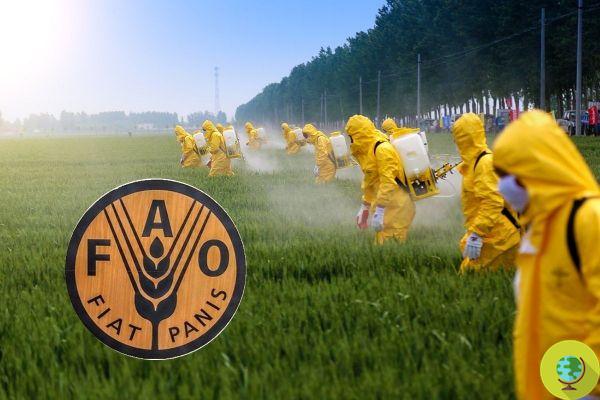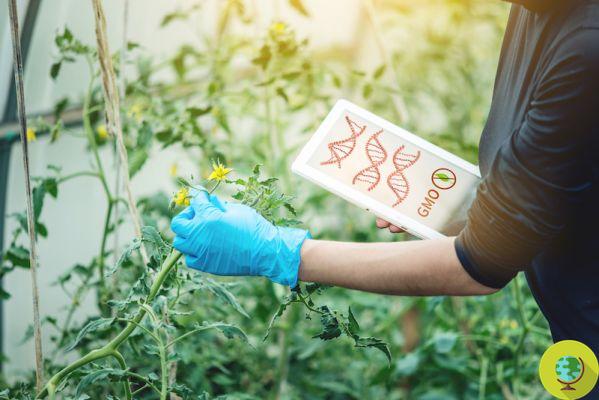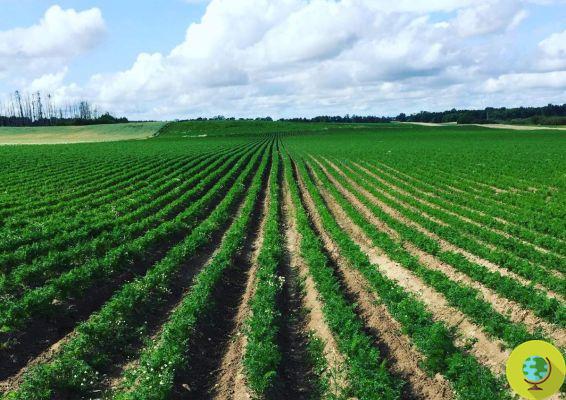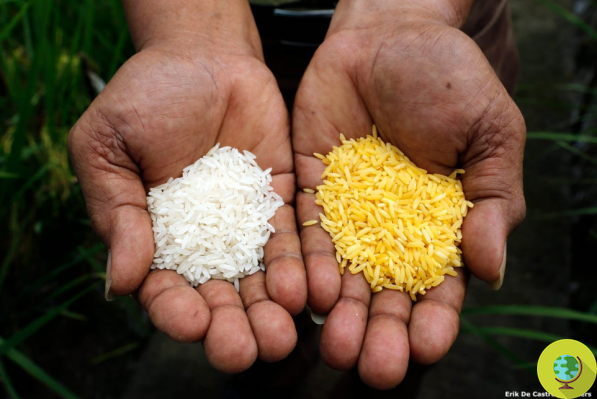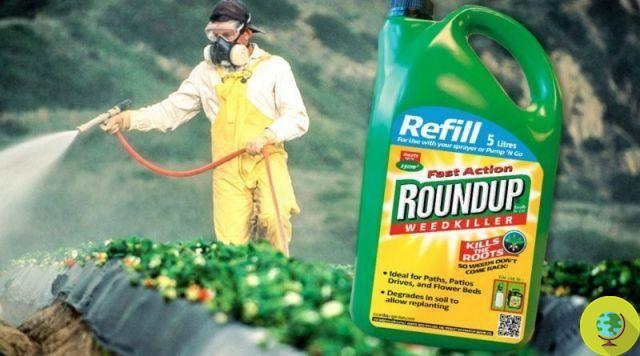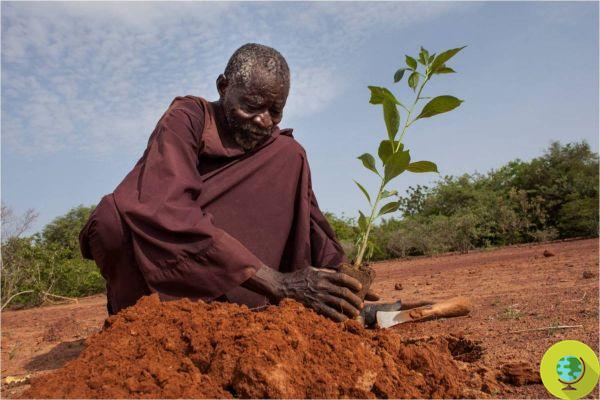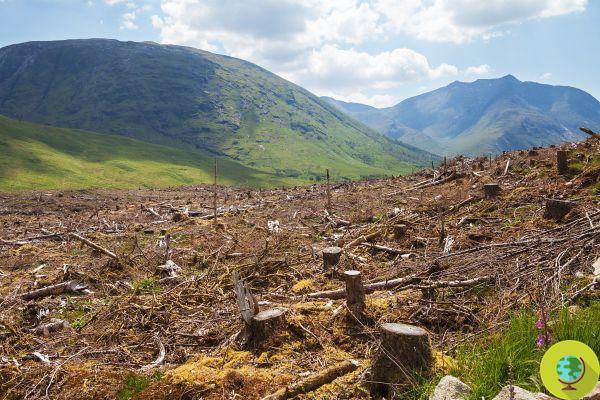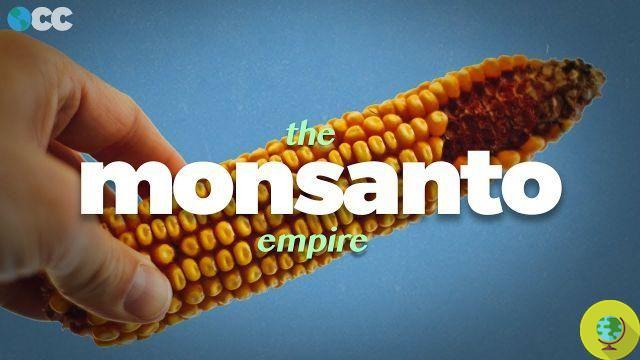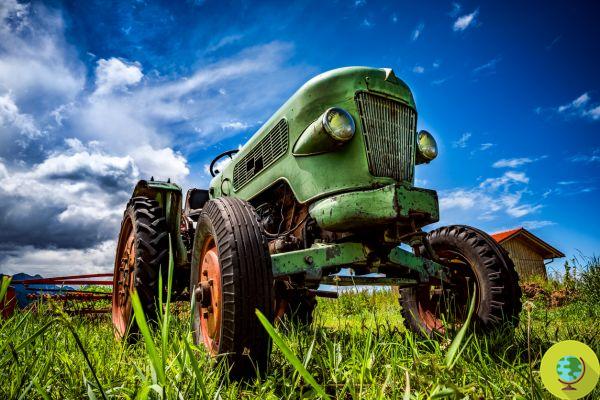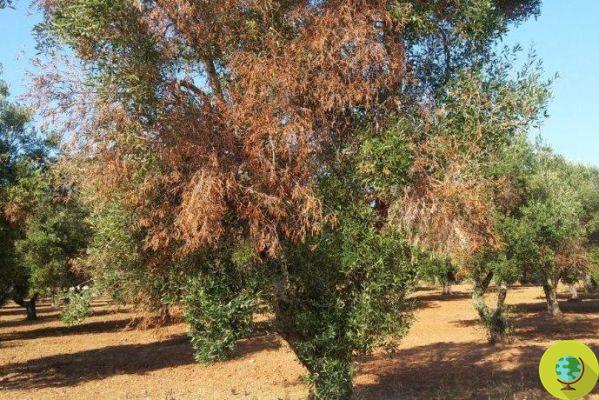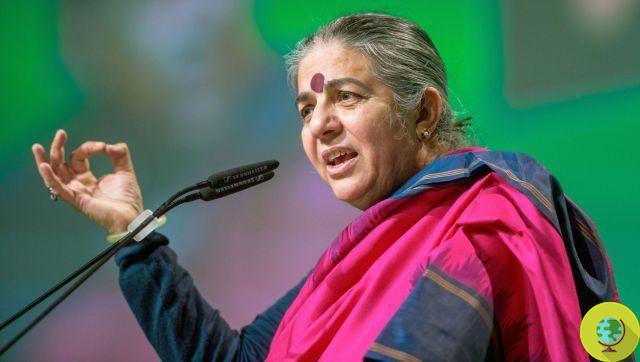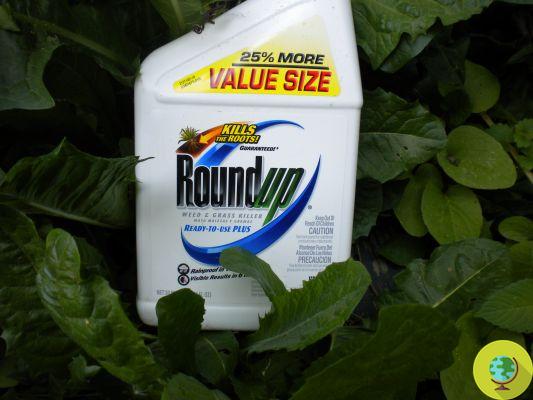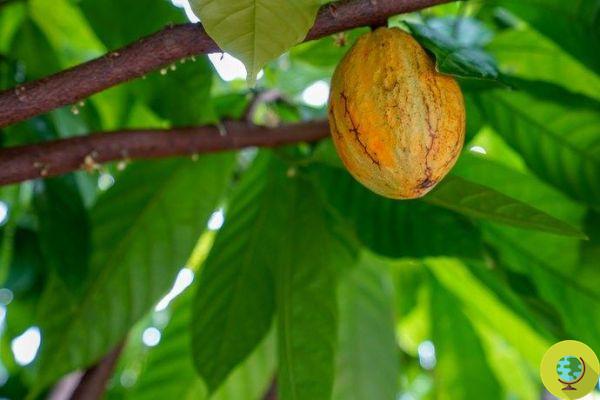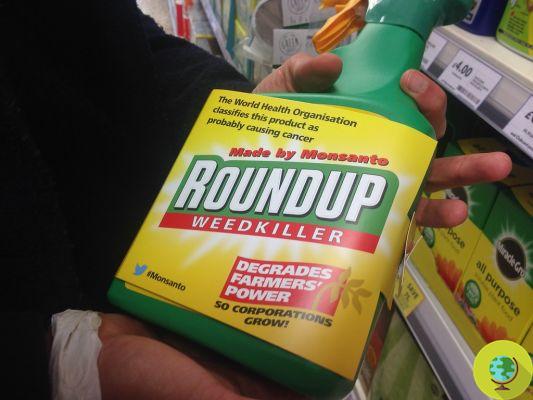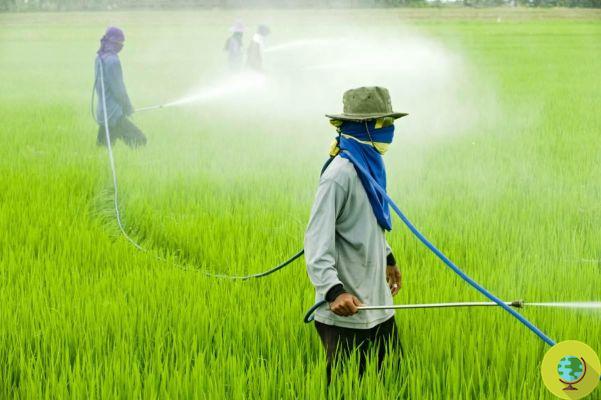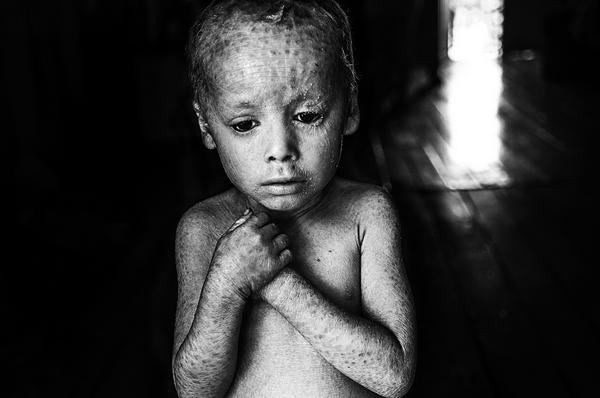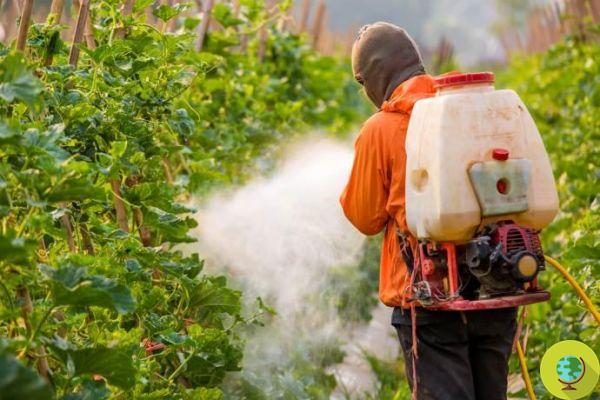A corner of green nestled in the heart of the Himalayas, completely free from pesticides and ever richer. It is Sikkim, the first Indian state that said goodbye to substances that poison the lands by resorting exclusively to organic
He is about to end up run over, his mother saves himA corner of green nestled in the heart of the Himalayas, completely free from pesticides and ever richer. It is Sikkim, the first Indian state that said goodbye to substances that poison the lands by resorting exclusively to organic farming.
On the border with Nepal, Tibet and Bhutan, the state has banned the use of pesticides for 15 years, literally making tourism and wildlife flourish. The small Indian state in 2003 launched a radical experiment: its leaders, led by Prime Minister Pawan Kumar Chamling, decided to phase out pesticides on every farm in the state, an unprecedented move in India, and probably in the world.
A revolutionary and important change for India, a country whose agricultural progress has been driven by massive use of fertilizers and pesticides to rapidly boost food production across the country while reducing dependence on foreign aid.
Although aimed at reducing famines, the indiscriminate use of pesticides in the 70s and 80s quickly made itself felt, in the form of a spike in cancer levels in industrial agricultural areas as well as polluted rivers and barren soil.
Pesticide residues - including those from some chemicals banned in other countries - were contaminating fish, vegetables and rice. Concerned by the situation, the political leaders of Sikkim understood that it could no longer continue in this way and a change of course was needed. So they decided to rely on organic farming.
Today, 15 years later, this cloud-shrouded Himalayan state is reaping much fruit. In the years following the switch to organic, Sikkim banned pesticides and chemical fertilizers, helped farmers certify around 760 hectares of agricultural land as organic, and from April 1 banned the import of many non-organic vegetables from other states.
The transition hasn't always been easy - some farmers have complained about declining yields and poor government support, but overall health has improved dramatically.
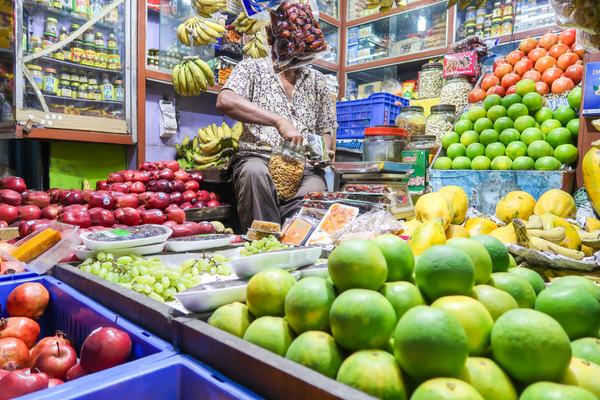
"This is a great time for India", he said Radha Mohan Singh, Minister of Agriculture.
The demand for organic food is high in India and growing rapidly. Concern about pesticides and cravings for chemical-free food are fueling a market that is growing at 25% per year, more than 16% globally, according to a recent study by the Chambers of Commerce and Industry of India. The country's market for packaged organic products has reached nearly $ 8 million and is expected to reach $ 12 million by 2020.
And the credit is also due to the prime minister of Sikkim, Pawan Kumar Chamling, who believed in this revolution and became its main driver.
“When we decided to devote ourselves to organic farming in Sikkim, we faced many challenges. Farmers or growers had no idea what organic farming was, so education was our first priority. Slowly, people began to understand and support us ”.
But the executive order in March to ban the importation of non-organic products from neighboring states has thrown the state into turmoil, with prices sometimes tripling in markets and traders in revolt.
The state also has the use of plastic objects is prohibited and street stalls use plates fashioned from leaves. The transition, which took more than a decade, was not an easy one.
In April, state officials opened two markets where farmers can sell their produce directly to consumers and added more than two dozen transport vehicles to help them move goods more easily.
The decision to focus on organic has also been good for tourism which has experienced a surge, especially with eco-tours and holidays in farms and countryside. Between 2016 and 2017, the sector contributed to the gross domestic product of the state, going from 5% to 8%.
The consumption of only organic products has generated health benefits for the Sikkimesi, who receive more nutritious food, has “rejuvenated” the soil, safeguarded the fauna and populations of bees, threatened by pesticides.
A small paradise in the heart of the mountains that should be regarded as an example all over the world.
READ also:
- Pesticide tea? India says stop and chooses organic
- Shreekant Kushwaha: the Indian farmer who promotes organic with magic shows
Francesca Mancuso
Photo cover: Wikimedia Commons




